Power
The accumulation of, the acceptance of, and the use of power are all explored in this section. The individual reigns of some monarchs are looked at such as those from the Tudor period, but so are other leaders, despotic and revolutionary. Contemporary issues of the use of power in a democracy are explored are more complex ideas around power through individual actions and movements in history.
Sort by:
Date (Newest first) | Title A-Z
Show:
All |
Articles |
Podcasts |
Multipage Articles
-
Agincourt 1415-2015
ArticleClick to view -
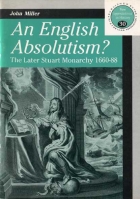
An English Absolutism?
ArticleClick to view -
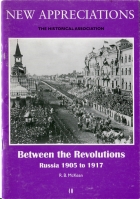
Between the Revolutions: Russia 1905 to 1917
ArticleClick to view -
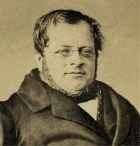
Cavour and Italian Unification
ArticleClick to view -

Cunning Plan 177: teaching about life in Elizabethan England by looking at death
ArticleClick to view -

Czech Uranium and Stalin's Bomb
ArticleClick to view -

Decolonise, don’t diversify: enabling a paradigm shift in the KS3 history curriculum
ArticleClick to view -

Diversifying the curriculum: one department’s holistic approach
ArticleClick to view -
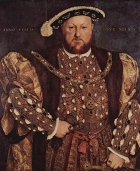
Faction in Tudor England
ArticleClick to view -
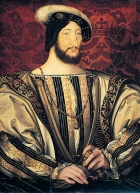
Francis I and Absolute Monarchy
ArticleClick to view -
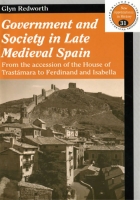
Government and Society in Late Medieval Spain
ArticleClick to view -

Helping Year 8 to understand historians’ narrative decision-making
ArticleClick to view -
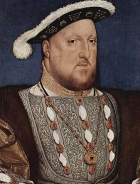
Henry VIII
ArticleClick to view -
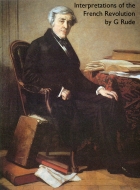
Interpretations of the French Revolution
ArticleClick to view -
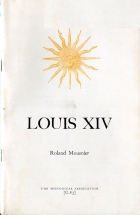
Louis XIV
ArticleClick to view -
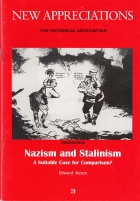
Nazism and Stalinism
ArticleClick to view -

Personality & Power: The individual's role in the history of twentieth-century Europe
ArticleClick to view -
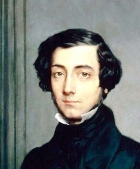
Podcast: Re-imagining Democracy
ArticleClick to view -

Polychronicon 171: Policing in Nazi Germany
ArticleClick to view -

Power, authority and geography
ArticleClick to view

